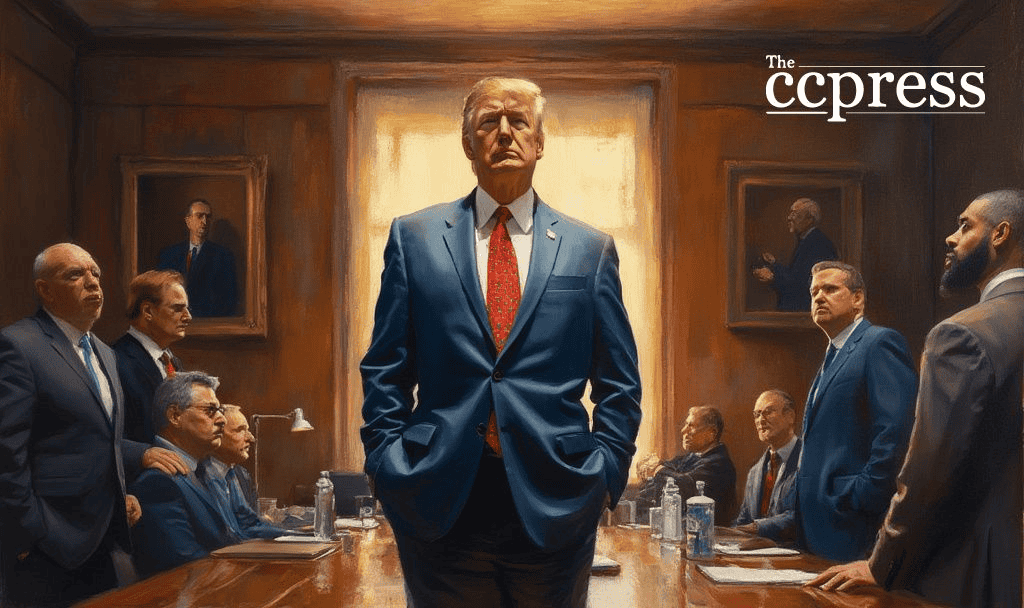- Main event, leadership changes, market impact, financial shifts, or expert insights.
- U.S. aims for digital leadership.
- Bitcoin accumulation strategy affects markets.

The strategic focus on digital assets aims to position the U.S. as a global leader, affecting market dynamics and regulatory landscapes.
Bo Hines’ Role and Objectives
Bo Hines, the Executive Director of the Presidential Council of Advisers for Digital Assets, plays a pivotal role in shaping U.S. digital asset policy. His leadership, endorsed by Donald Trump, prioritizes regulatory clarity and technological innovation within the industry. In his efforts, Hines has connected with over 150 crypto stakeholders, aiming to foster a regulatory environment. He’s noted for his strong endorsement of Bitcoin, equating its long-term value to gold.
Hines’s initiatives lead to plans for Bitcoin accumulation, reflecting a cost-neutral strategy. This strategy includes leveraging confiscated assets, as seen in historical parallels like El Salvador’s Bitcoin adoption. The Trump administration has positioned Bitcoin as central to its goals, potentially boosting the U.S.’ status in financial innovation. Currently, the administration holds roughly 200,000 BTC, with plans for further acquisition.
Bitcoin as “Digital Gold”
This focus aligns with a broader governmental strategy, as cyber currency drives financial policy innovation. The Presidential Council’s efforts emphasize enhancing U.S. competitiveness amid global blockchain technological advancements. Bo Hines’s policies aim to align public-private partnership dynamics, encouraging a favorable environment for blockchain initiatives. Bo Hines stated, “We want to see the U.S. dominate the digital asset space in terms of technological financial innovation.”
Financial markets may experience shifts as a result of this U.S. policy focus. Bitcoin’s elevated status as “digital gold” under the Trump administration could lead to investor confidence and potential price appreciation. These developments invite scrutiny over potential impacts on existing market frameworks. The broader implications suggest key shifts in national and international blockchain engagement strategies. Blockchain’s evolution within financial markets continues to shape regulatory approaches, offering new challenges and opportunities for government and industry alike.
